Does Bleach Kill Spiders: Separating Fact from Fiction
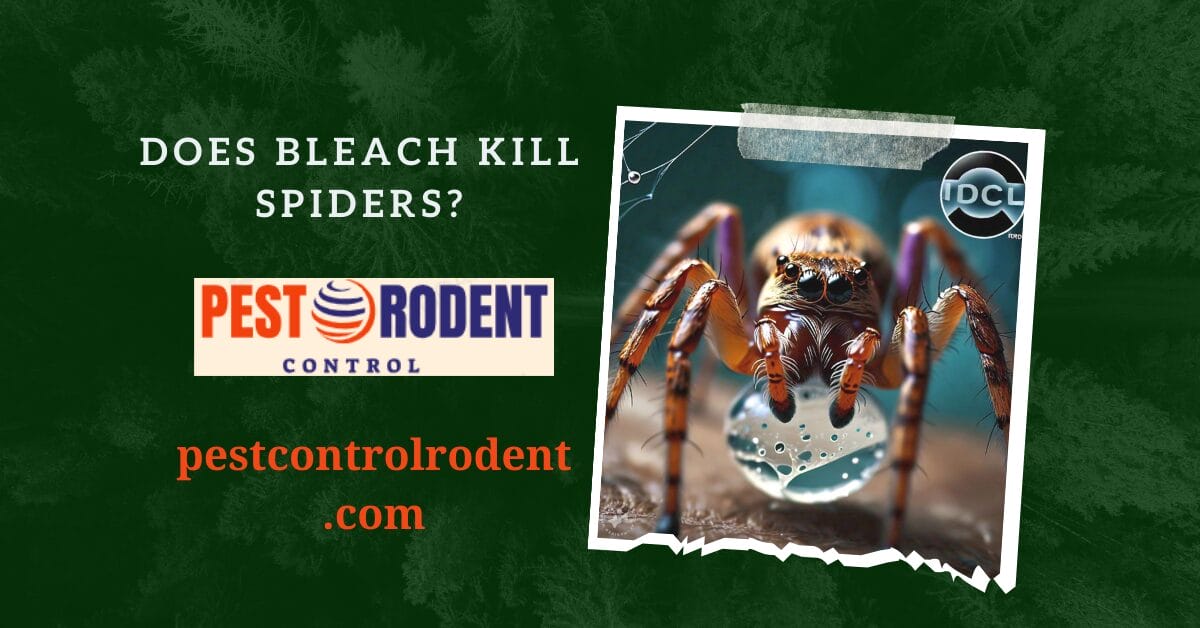
Does Bleach Kill Spiders: Separating Fact from Fiction
Picture this: you’re going about your day when suddenly you spot a creepy crawly spider making its way across your floor. What’s the first thing that comes to mind? For many people, answer might be reaching for a trusty bottle of bleach. But does bleach really kill spiders? In this blog post, we’ll delve into the truth behind this common household myth. So, grab a cup of coffee, get comfy, and let’s debunk the mystery of using bleach as a spider repellent.
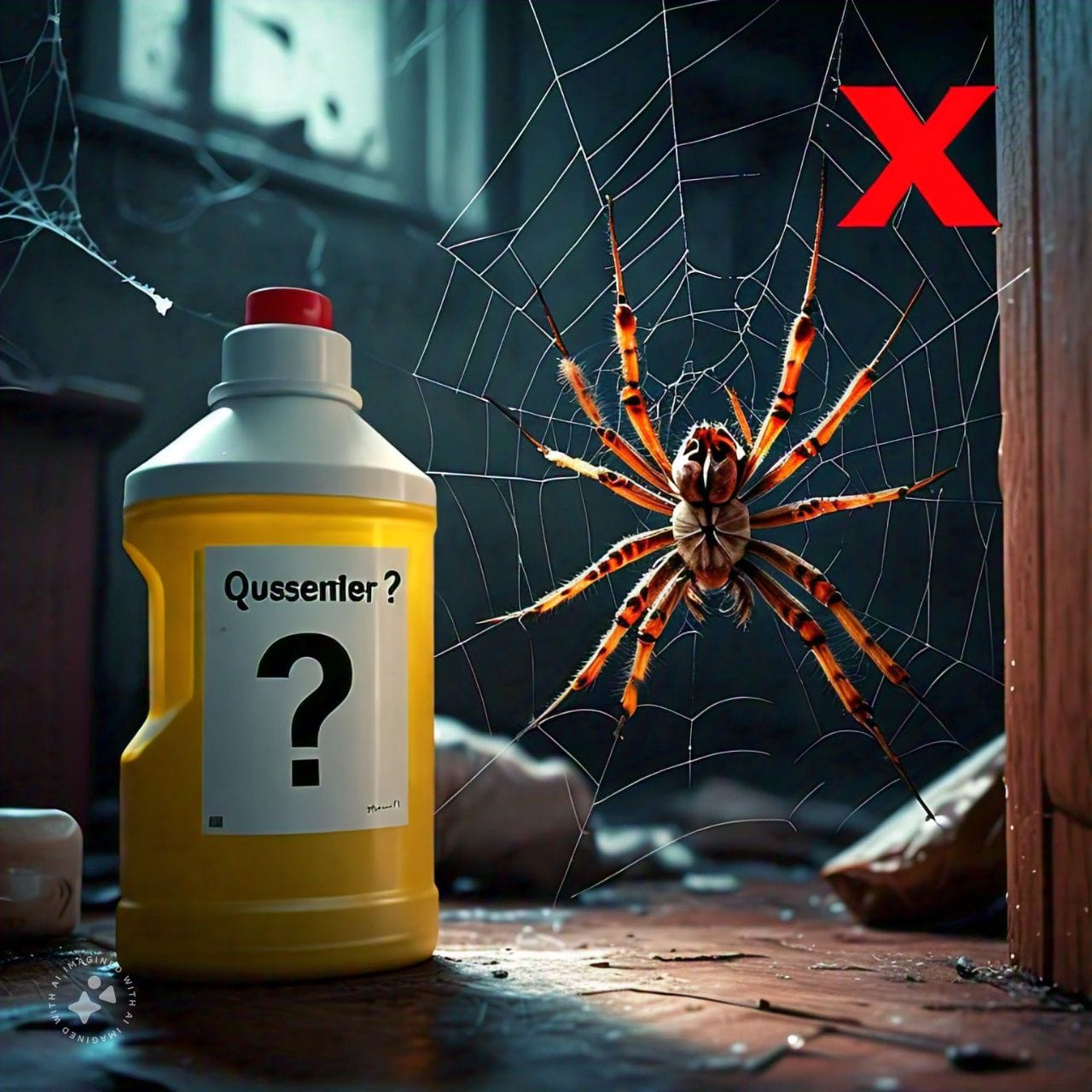
Understanding Spiders: Nature’s Intriguing Arachnids
Before we dive headfirst into the debate about bleach and spiders, let’s take a moment to appreciate these fascinating creatures. Spiders are arachnids, not insects, belonging to the class Arachnida. They play a crucial role in ecosystems by controlling insect populations and serving as a vital part of the food chain. However, for many individuals, the presence of spiders indoors can elicit feelings of fear or unease.
- Spiders in the Home: It’s not uncommon to come across spiders in our living spaces. They seek shelter, warmth, and a food source, making our homes a prime habitat. While most spiders are harmless and even beneficial, some species like the black widow or brown recluse can pose potential risks if encountered.
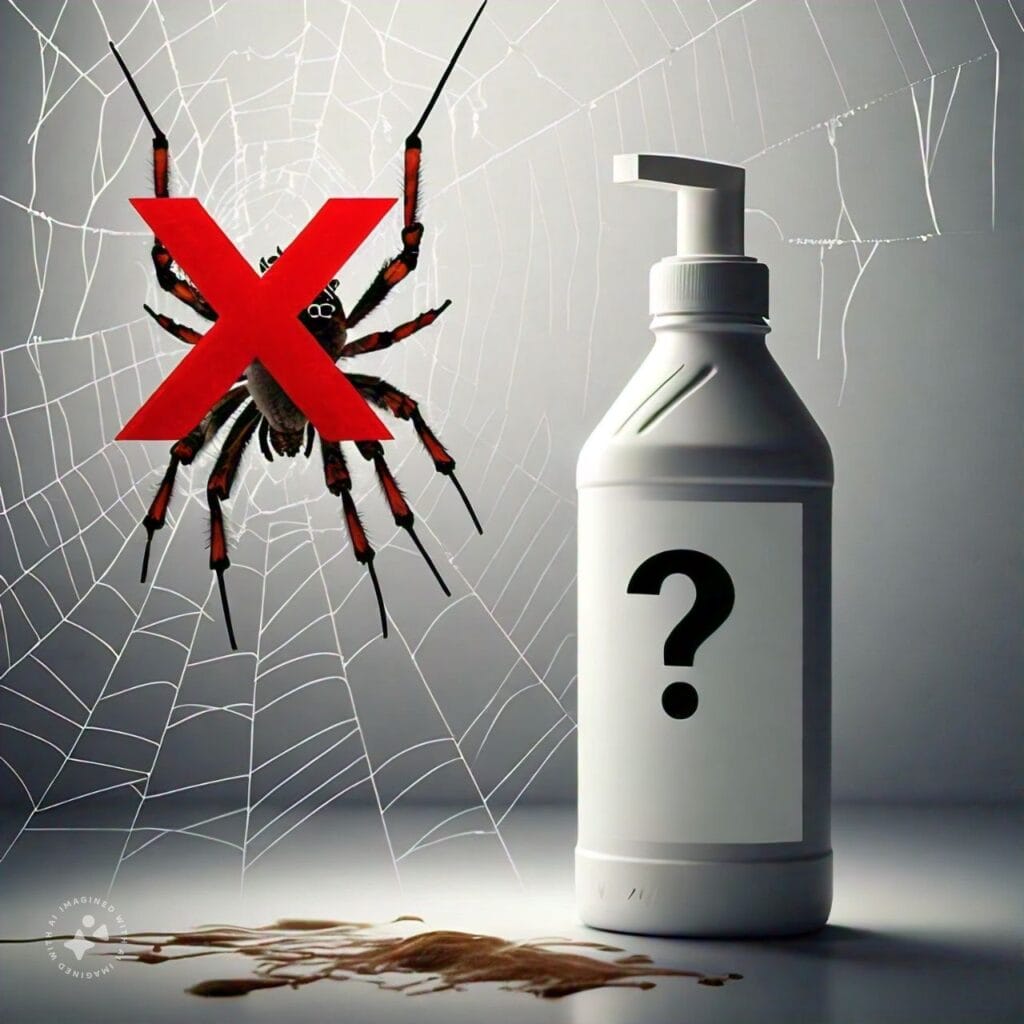
The Myth of Bleach as a Spider Killer
Now, let’s address the burning question at hand: can bleach effectively kill spiders? The idea of using bleach as a pesticide or spider repellent has circulated for years. Proponents of this method argue that the strong chemical properties of bleach can eradicate spiders on contact. However, the reality is not as straightforward as it seems.
- Myth Buster: Bleach is not recommended as a spider-killing solution. While bleach may have disinfecting properties and can eliminate some germs and bacteria on surfaces, it is not an effective spider repellent. Spiders have a unique biology that enables them to withstand certain chemicals, making them resilient to bleach.
Why Bleach May Not Be the Answer
To understand why bleach falls short as a spider-killing agent, let’s delve into the science behind it. Bleach, also known as sodium hypochlorite, is a powerful disinfectant commonly used for cleaning and sanitizing. However, its effectiveness against spiders is limited for several reasons.
- Chemical Resistance: Spiders have evolved to withstand a variety of environmental pressures, including exposure to certain chemicals. Their exoskeletons provide a protective barrier against external threats, making it challenging for substances like bleach to penetrate and harm them.
- Ineffective Contact: Even if bleach comes into direct contact with a spider, its mode of action may not be swift or lethal. Unlike insecticides specifically designed to target insect nervous systems, bleach does not have the same toxic effect on spiders.
- Risk of Misuse: Attempting to use bleach as a spider killer can pose risks to human health and safety. Inhaling bleach fumes or accidentally mixing it with other chemicals can lead to respiratory issues, skin irritation, or even chemical burns. It’s essential to handle bleach with caution and follow proper safety protocols.
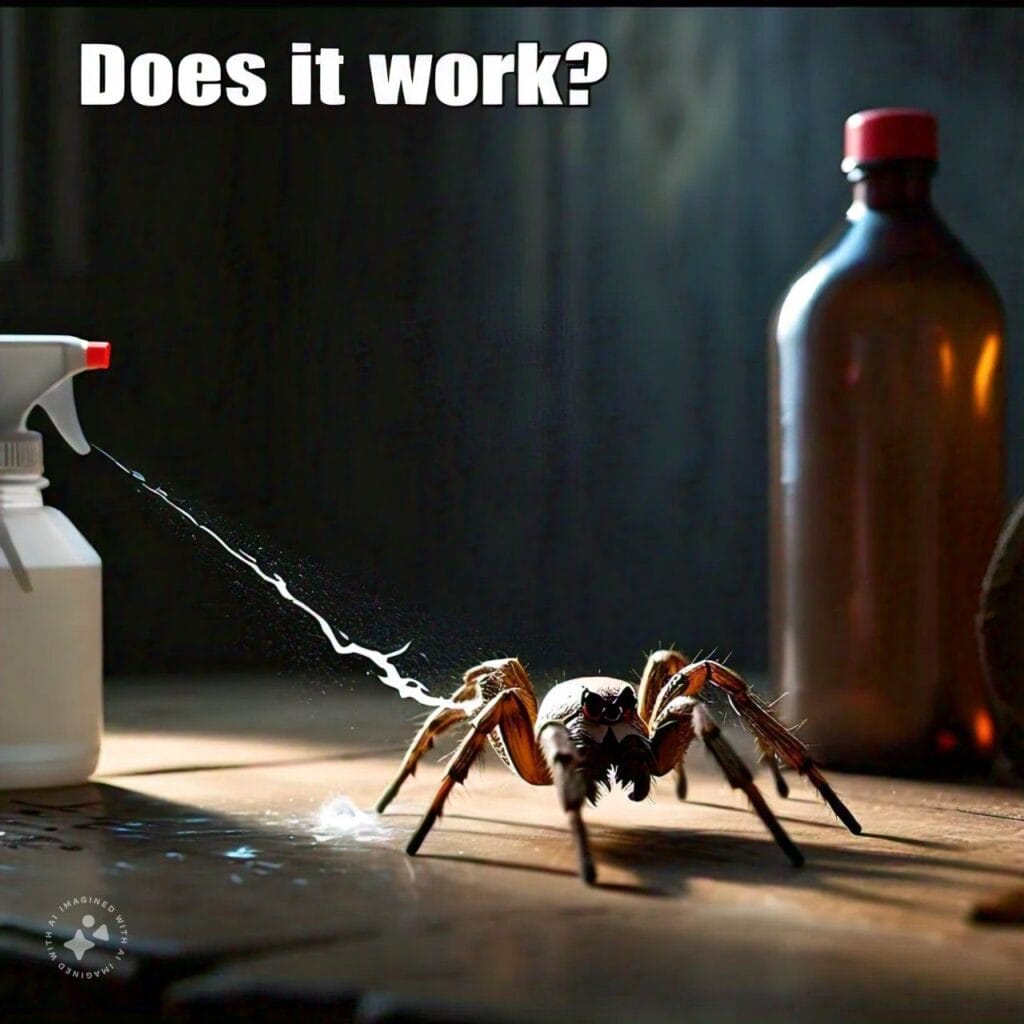
Safe and Effective Spider Control Methods
While bleach may not be the best solution for combating spiders, there are several alternative methods that you can employ to manage spider populations in and around your home. These approaches are more practical, safe, and environmentally friendly:
- Natural Repellents: Certain herbs and essential oils, such as peppermint, eucalyptus, or lavender, are known for their spider-repelling properties. You can create a DIY repellent spray by mixing these oils with water and spraying it in areas where spiders are commonly found.
- Sealing Entry Points: Preventing spiders from entering your home in the first place is a proactive strategy. Seal cracks, gaps, and openings around windows, doors, and walls to reduce the likelihood of spiders finding their way indoors.
- Regular Cleaning: Keeping your living spaces clean and clutter-free can deter spiders from taking up residence. Vacuuming regularly, dusting corners and ceilings, and minimizing food sources for insects can make your home less hospitable to spiders.
- Professional Pest Control: If you’re dealing with a severe spider infestation or are unsure about how to address the issue, consider contacting a licensed pest control company. They can assess the situation, provide targeted treatments, and offer expert advice on spider control.
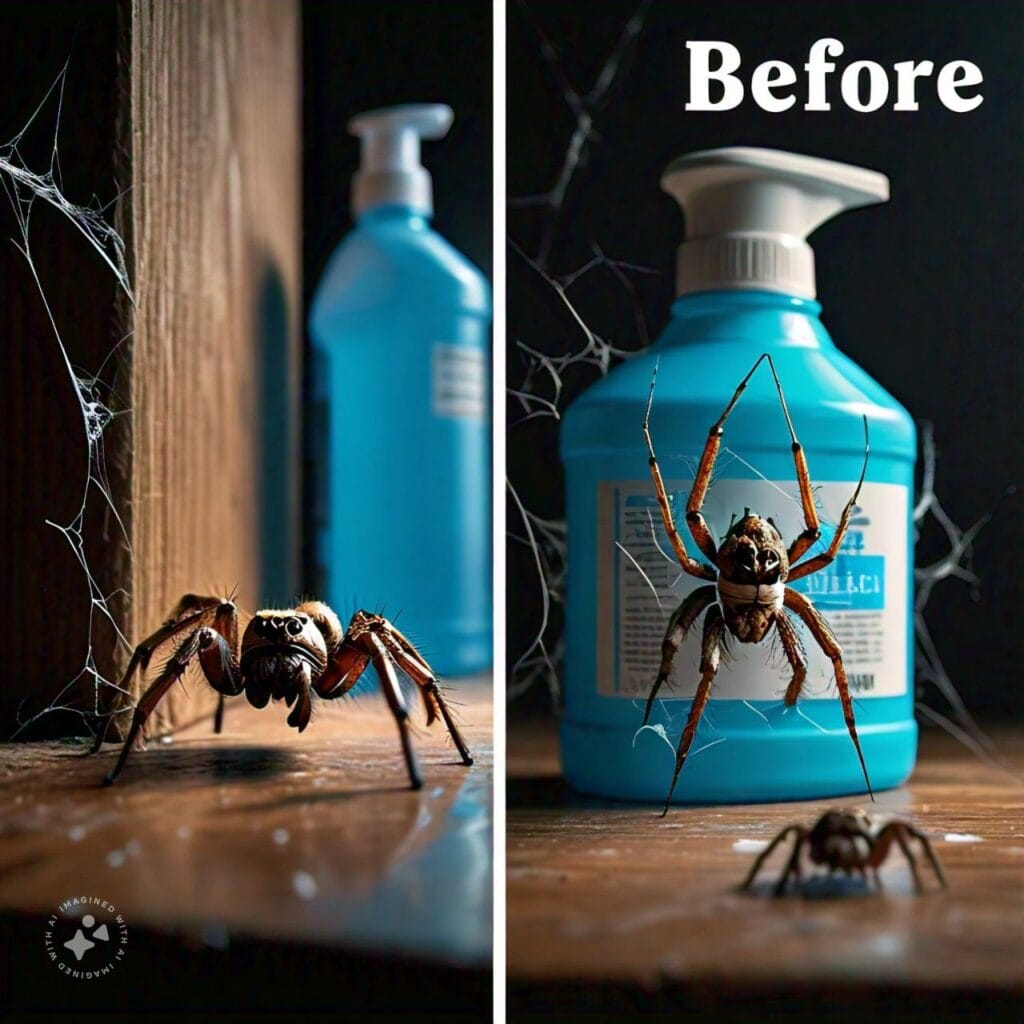
Dispelling Common Spider Myths
As we navigate through the realm of spiders and household remedies, it’s essential to address some prevalent myths and misconceptions surrounding these eight-legged critters. Let’s separate fact from fiction:
- Spiders Are Deadly: While some spider species possess venom that can be harmful to humans, the majority of spiders are harmless and shy away from human interaction. Most spiders prefer to avoid confrontation rather than bite without provocation.
- Spiders Lay Eggs in Your Skin: The infamous myth that spiders lay eggs under human skin is nothing more than a spooky urban legend. Spiders do not seek out humans as hosts for their eggs and are more interested in finding suitable habitats in nature.
- Spiders Are Aggressive: Contrary to popular belief, spiders are not aggressive creatures looking to attack humans. They typically retreat or hide when faced with perceived threats and only bite in self-defense as a last resort.
The Ethical Aspect of Spider Control
While it’s understandable to want to keep spiders at bay for personal comfort or safety reasons, it’s vital to approach spider control with a sense of compassion and respect for these remarkable creatures. As sentient beings with their place in the ecosystem, spiders play a crucial role in maintaining ecological balance and biodiversity.
- Food chain dynamics: By preying on insects like flies, mosquitoes, and other pests, spiders contribute to pest control and help control insect populations naturally. They are nature’s pest controllers, performing a valuable service in maintaining ecosystem health.
- Humane approaches: When addressing spider-related concerns, consider adopting humane methods that prioritize the well-being of both humans and spiders. Encourage coexistence with these arachnids by using non-lethal deterrents and avoiding unnecessary harm.
Embracing Coexistence with Spiders
As we wrap up our exploration of spiders, bleach, and the intricacies of spider control, it’s essential to adopt a mindset of coexistence and appreciation for the diverse wildlife around us. Rather than viewing spiders as mere nuisances to be eliminated, we can learn to cohabit peacefully with these fascinating creatures.
In the end, while bleach may have its merits as a cleaning agent, it’s unlikely to serve as an effective spider killer. By understanding the nuanced relationship between humans and spiders and employing sustainable pest management practices, we can create harmonious living spaces that respect the natural world.
So, the next time you spot a spider scurrying across your floor, consider giving it a gentle nudge in the direction of the outdoors rather than reaching for the bleach. Who knows, you might just find yourself developing a newfound appreciation for these elusive arachnids and their role in the intricate tapestry of life. Thank you for joining us on this enlightening journey into the world of spiders and their intriguing ways.
Remember, when it comes to spiders, knowledge is power, and coexistence is key. Happy spider-watching, and may your encounters be filled with wonder and understanding.
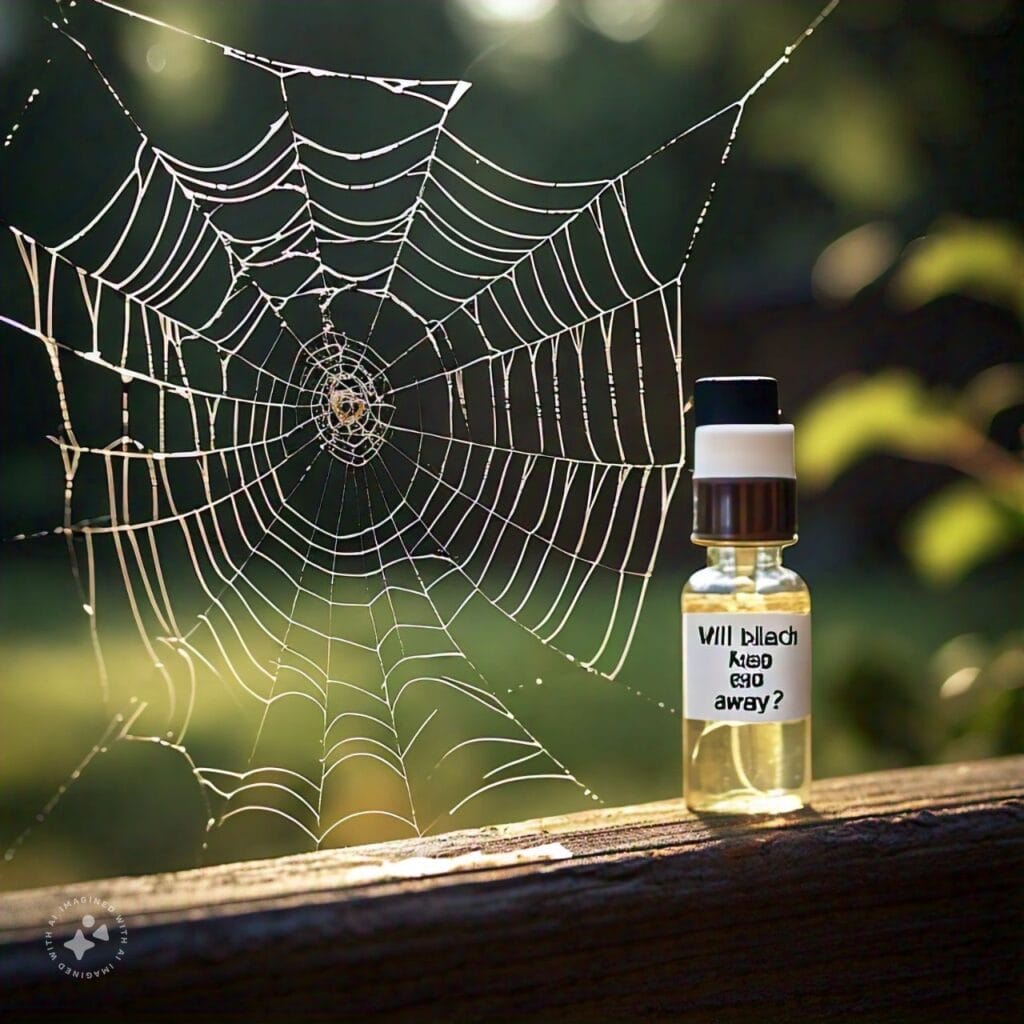
Read More: What If House Failed Termite Inspection: A Comprehensive Guide
Conclusion: Embracing Coexistence with Nature’s Eight-Legged Wonders
In conclusion, the myth that bleach kills spiders is debunked, highlighting the importance of adopting safe and humane spider control methods. While bleach may serve as a powerful disinfectant, it lacks the efficacy needed to eradicate spiders effectively. By exploring alternative approaches, such as natural repellents, sealing entry points, and practicing regular cleaning, you can manage spider populations without resorting to harmful chemicals.
Furthermore, dispelling common spider myths and fostering a sense of coexistence with these intriguing arachnids can lead to a more harmonious relationship with the natural world. Remember, spiders play a vital role in ecosystem dynamics and deserve our respect and understanding. By embracing coexistence and practicing compassion in spider control efforts, we can create a balanced environment where all creatures, big and small, can thrive.
Thank you for embarking on this enlightening journey with us. Together, let’s continue to appreciate the wonders of nature and the diverse wildlife that surrounds us. Here’s to a future where humans and spiders can cohabit peacefully and harmoniously. Happy spider-spotting!


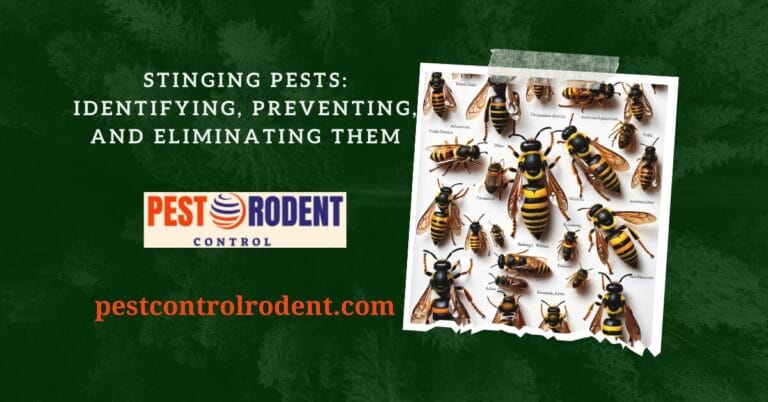
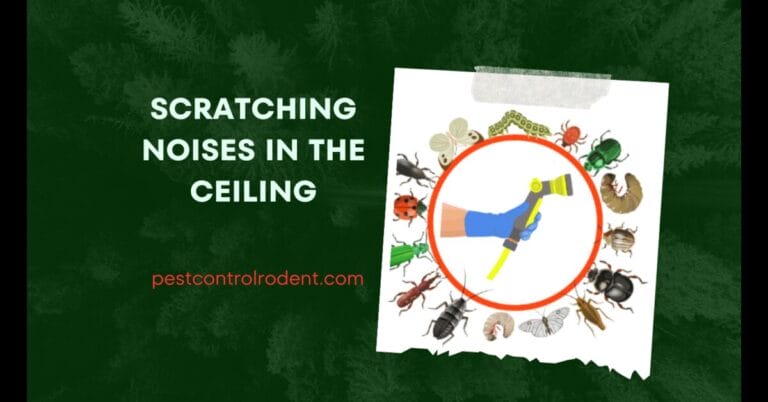

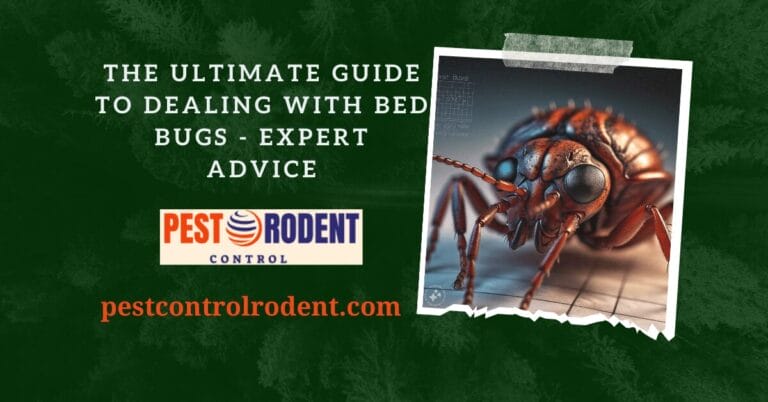

One Comment